New Delhi, June 26, 2024 — In a dramatic start to the new session of Parliament, Lok Sabha Speaker Om Birla condemned the 1975 Emergency, calling it a “dark period” in India’s history. His comments and the subsequent observance of a two-minute silence in memory of the victims triggered fierce protests and sloganeering from the opposition, leading to the first adjournment of the House this year.
Condemnation of the Emergency
Addressing the Lok Sabha, Om Birla expressed strong disapproval of the Emergency imposed by then Prime Minister Indira Gandhi. He described the period from June 1975 to March 1977 as one where “democratic values of India were crushed and freedom of expression was strangled.” Birla lamented the lives lost and the hardships faced by citizens during this period, calling it an attack on the Constitution crafted by Babasaheb Ambedkar.
“The Emergency had destroyed the lives of so many citizens of India, so many people had died. We observe two minutes of silence in the memory of such dutiful and patriotic citizens of India who lost their lives at the hands of the dictatorial government of Congress during that dark period of the Emergency,” Birla stated.
Protests Erupt in Parliament
The Speaker’s remarks led to immediate and vehement protests from Congress and other members of the INDIA bloc. They raised slogans against the reference to the Emergency, expressing outrage at what they perceived as an attempt to politicize the issue. The uproar resulted in the House being adjourned for the day.
NDA Leaders Stage Protests
Following the adjournment, NDA leaders, including Union Ministers Kiren Rijiju and Prahlad Joshi, staged protests outside Parliament. They held placards with messages such as “Dictatorial mentality, Congress reality” and “Some things never change,” highlighting their condemnation of the Emergency and its impact on Indian democracy.
Prime Minister and Union Ministers React
Prime Minister Narendra Modi praised the Speaker for his condemnation of the Emergency and the tribute to its victims. “I am glad that the Honourable Speaker strongly condemned the Emergency, highlighted the excesses committed during that time and also mentioned the manner in which democracy was strangled,” Modi stated. He emphasized the importance of remembering the Emergency as a cautionary tale for future generations.
Union Home Minister Amit Shah echoed these sentiments, stating that Om Birla’s resolution honored the struggle of those who resisted the Emergency. “The House today remembered the ‘era of injustice’ in the form of the ‘Emergency’ and expressed its condolences to the poor, Dalits and backward people who had to suffer the exploitation and atrocities of the Indira Gandhi government,” Shah posted on X.
Opposition’s Response
Congress MP Karti Chidambaram criticized the BJP for dwelling on past events instead of addressing current issues. He noted that Indira Gandhi had acknowledged and regretted the Emergency, and that the electorate had expressed its disapproval in the 1977 elections. “If they want to protest, they can come to the Opposition and give us an opportunity, we will gladly take it. This is not the way to start a new term… The issue of the Emergency is done and dusted. We should talk about the strangulation of institutions today,” Chidambaram said.
Historical Context
The Emergency, lasting nearly two years from June 1975 to March 1977, was declared by Prime Minister Indira Gandhi under Article 352 of the Constitution, citing internal and external threats. This period saw severe curtailment of civil liberties, widespread censorship, and political repression, leading to its characterization as a “dark period” in India’s democratic history.
For more updates on this and other political developments, visit Sarhind Times.
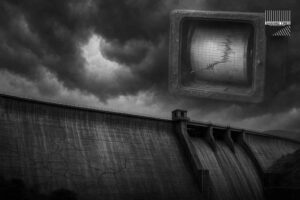
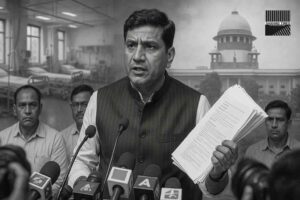
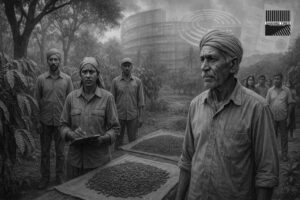
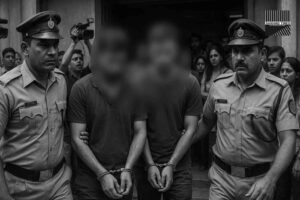
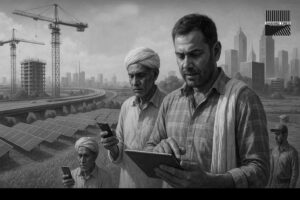
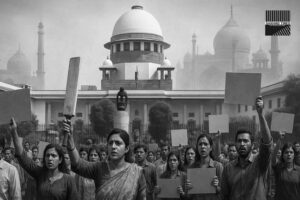
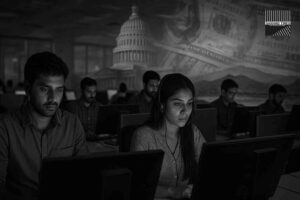
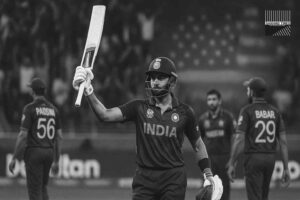
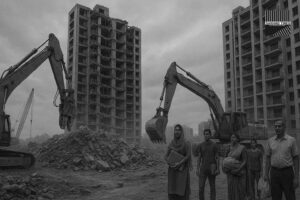



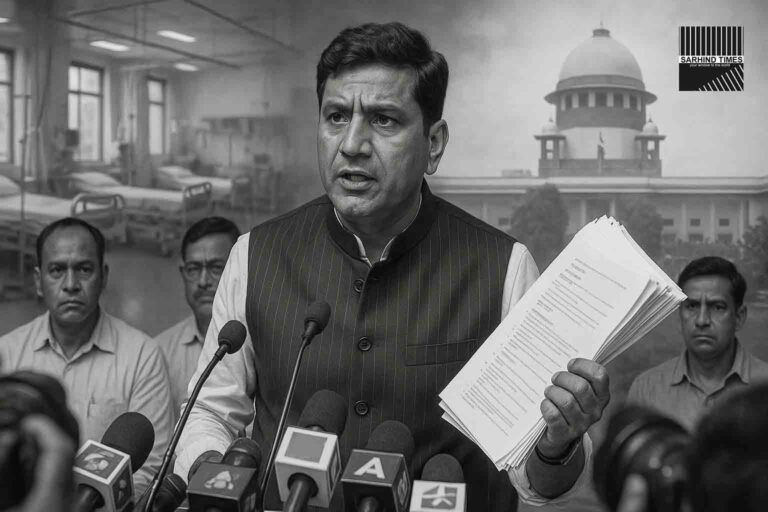
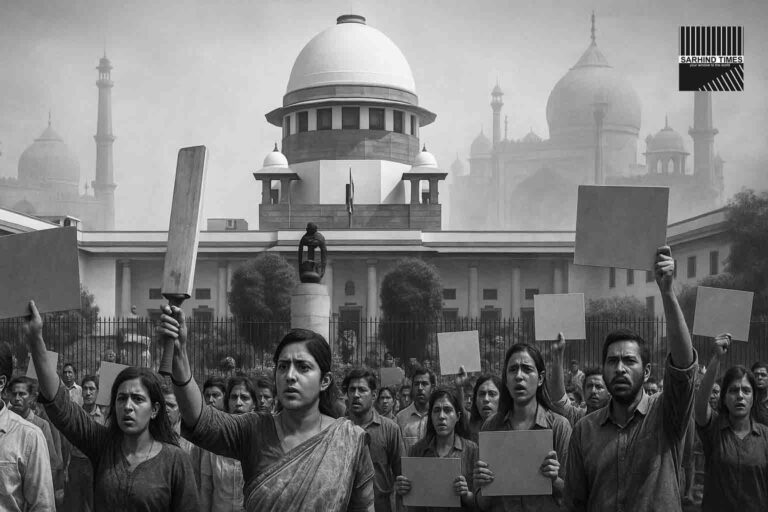
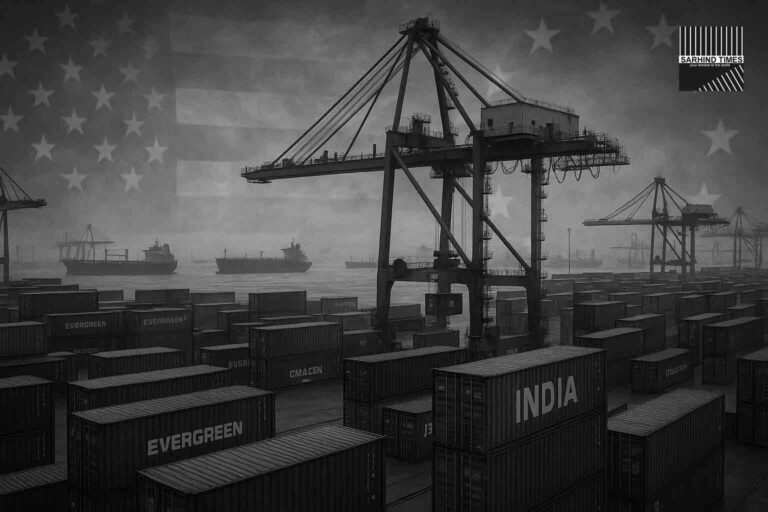
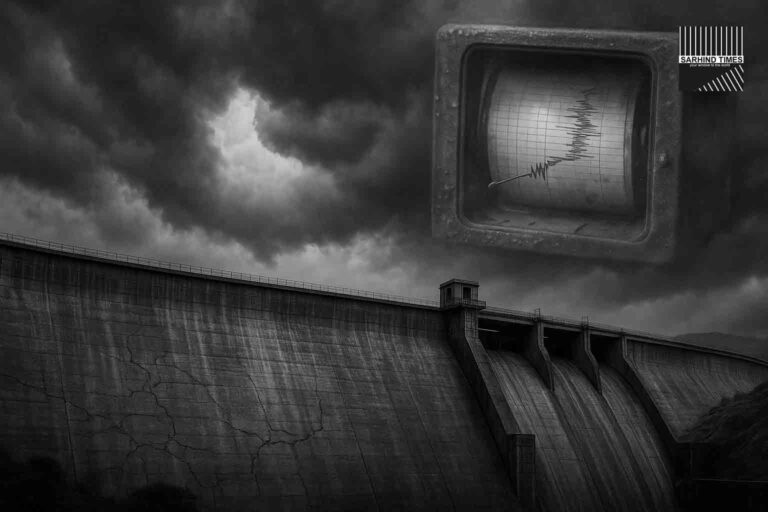
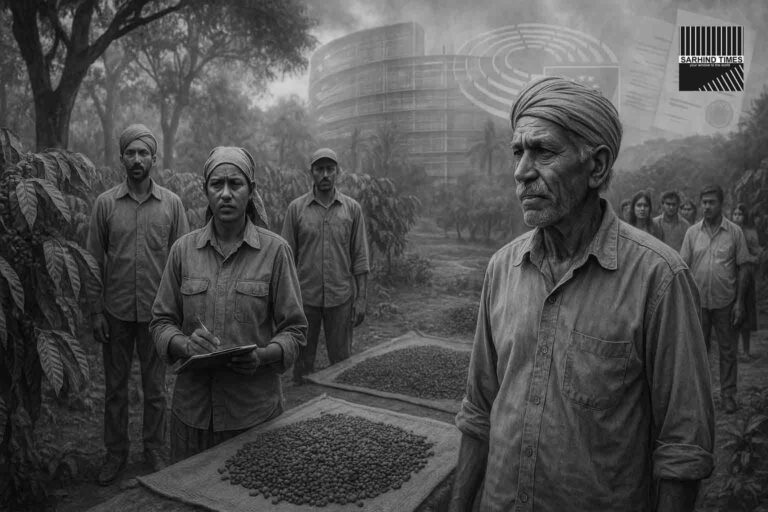

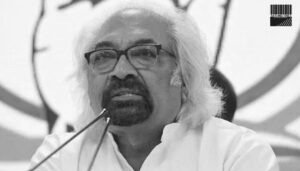
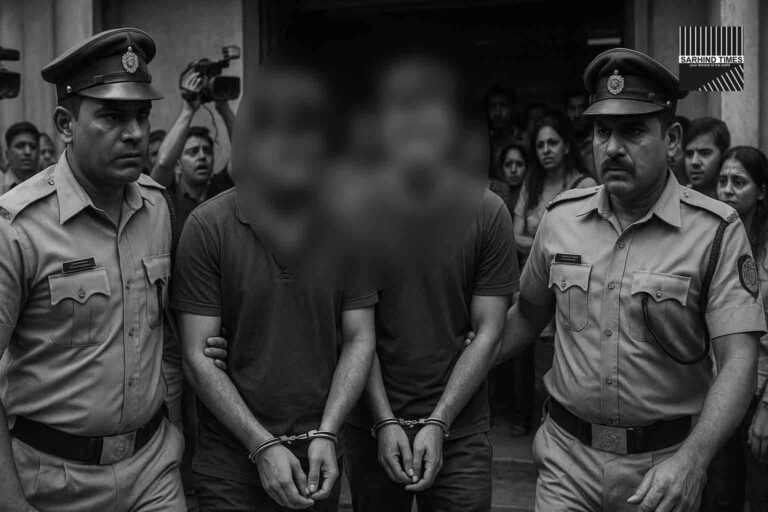
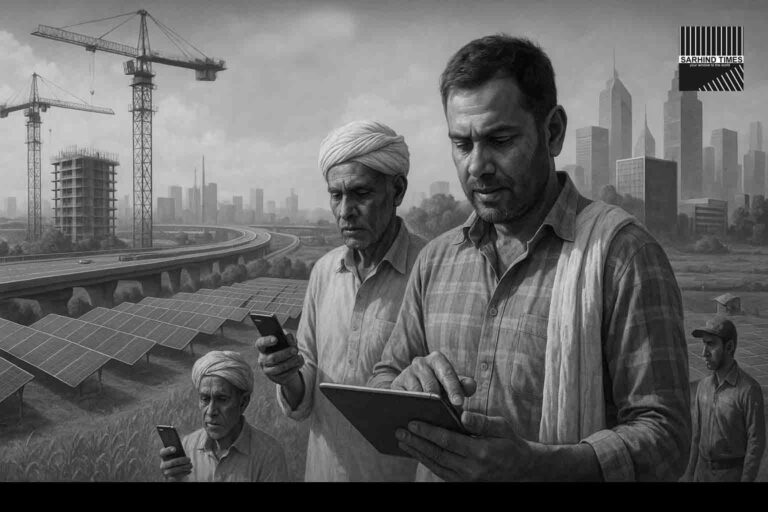
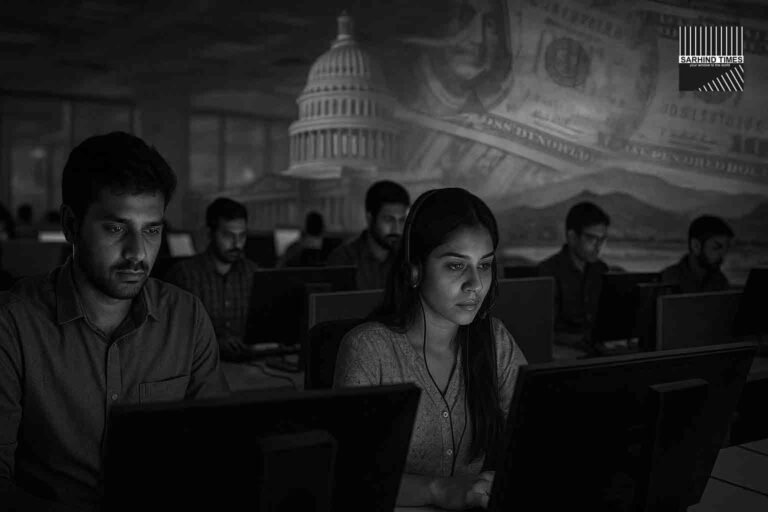
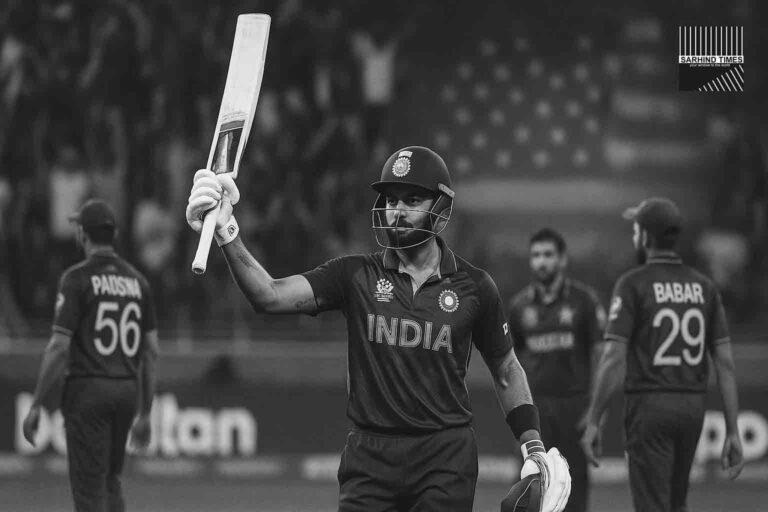
+ There are no comments
Add yours